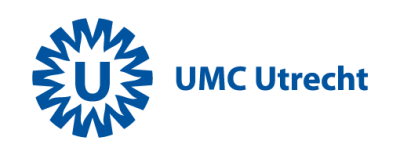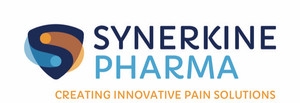Fusion proteins to boost effective treatment of inflammatory diseases
In this public private partnership between University Medical Center Utrecht and Synerkine Pharma B.V. we will use a technology we developed to fuse endogenous anti-inflammatory cytokines, proteins that act as stop signals in inflammation, to improve their therapeutic potential. We will test whether this new technology can be used for systemic treatment of two different inflammatory diseases, inflammatory bowel disease and sepsis.
Inflammatory diseases affect >10% of the population and are a major burden for society. For example, in Europe, ~3 million people are affected by inflammatory bowel disease, with a direct healthcare cost of 4.6–5.6 bn Euros/year. Sepsis affects ~30 million people around the world each year and is the main cause of death among critically ill patients.Effective cures are often lacking. The current therapeutic strategies used to treat patients with inflammatory disease usually aim to limit or suppress inflammation by targeting an inflammatory mediator. However, suppression of inflammatory mediators alone is often not sufficient to resolve inflammatory disease. Therefore, new therapies are highly needed.
Resolution of inflammation is a tightly coordinated, active process that depends of sufficient off signals. A logical therapy for inflammatory disease may be to use these endogenous molecules that act as off signal to suppress inflammation. However, the effectiveness of these individual molecules is limited. By fusing two of these regulatoryproteins into one molecule, we aim to boost the effectiveness of these molecules in order to treat or even cure inflammatory disease such as colitis and sepsis.
This project will yield several variants of the fusion protein for IBD and sepsis. The data generated will be used by Synerkine Pharma B.V. to fund further (clinical) development of these fusion proteins for these diseases.
Results project: The project has yielded several variants of the fusion protein, including glycovariants that will be used in the future. Moreover, the projected yielded valuable information on how the fusion proteins affect sepsis and colitisand specific immune cells. These results will be further used in an academic setting and they help Synerkine pharma to prioritize their work.


